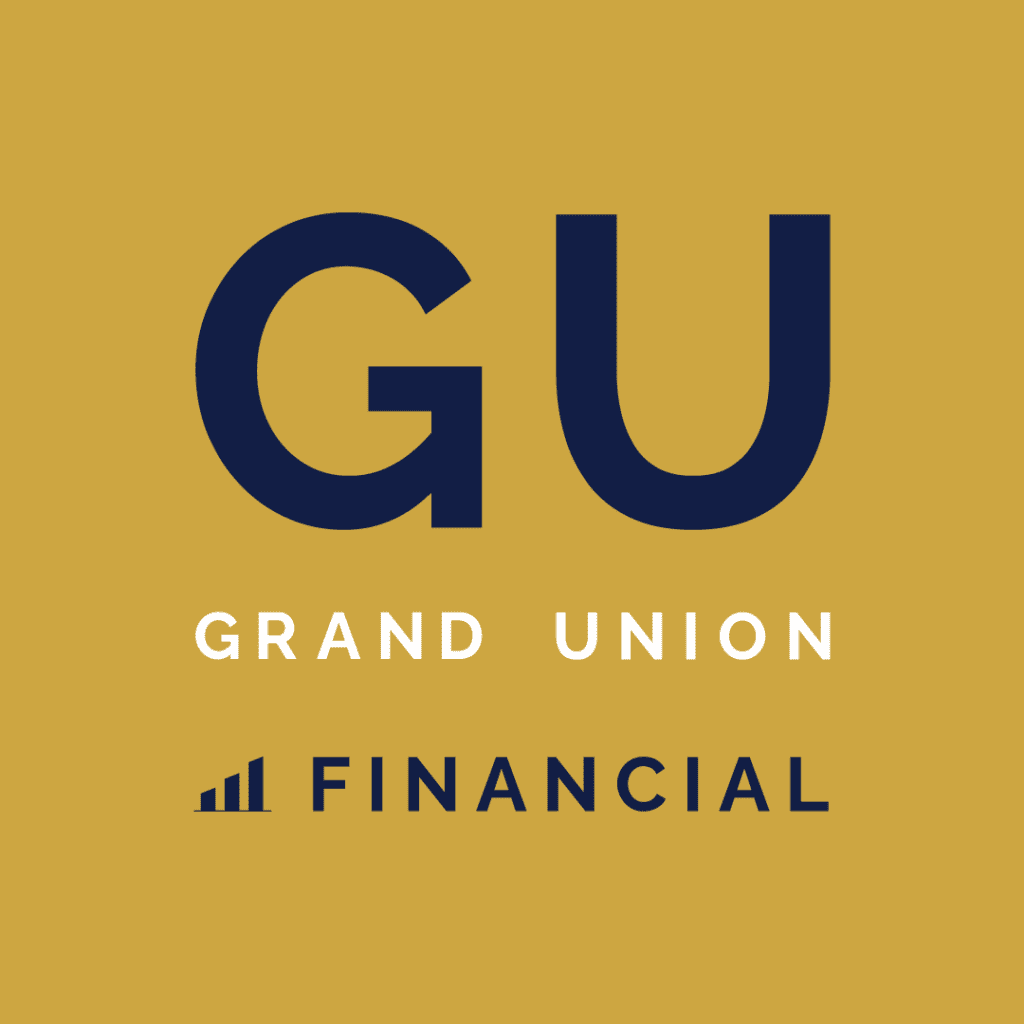Short Term Business Loans
- Access to competitive rates and some you can't get direct
- A community of Finance Consultants, Financial Advisers & Finance Brokers
- We specialise in Connecting Your Finance
Get In Touch
Home » Short Term Business Loans

Short Term Business Loans
Dil Suggi tells us all we need to know about a short term business loan.
What is a short-term business loan and how do they work?
A short-term business loan is any type of loan you pay back within typically 12 to 18 months. There are several different types – simple business loans, business lines of credit, invoice financing, merchant cash advances and also crowdfunding. We’ll go into more detail on that later on.
In terms of how they work, they could be secured or unsecured depending on the type of loan. A secured loan involves security like a house or a car. Your home mortgage is secured, so if you don’t keep up your payments you’re at risk losing your house.
For a business, the loan could be secured against plant and machinery. An unsecured loan has no security against it. But it would still be held against an individual who will be personally liable for that loan.
With short term business loans, interest rates are generally higher than for long-term borrowing. One of the challenges for short term business loans is that startup businesses will find them more difficult to obtain, because you need to prove your trading history.
What is the eligibility for short term business finance?
Most lenders require you to be operational for at least six to twelve months before they can consider you for a loan. The financials are key.
Your business will need to be assessed, and lenders typically request your financial statements, annual accounts and tax returns. They want to review your business’ financial health.
Part of that health is also your credit score and history. Let’s say you took out a previous loan. Your lender can see that you kept up with your payments, which maintains your credit score and keeps your risk low.
They’ll also want to know the purpose of the loan. You can use it for many purposes as long as they are commercially-focused. Your industry type can make a difference, as some lenders specialise in specific sectors. Some lenders may only work on specific business structures, such as limited companies and do not lend to sole traders or partnerships.
Plus, as we mentioned earlier, security can be a factor. Some lenders may require collateral such as equipment or real estate to get the loan. Finally there’s the size of the loan. There’ll be a minimum and maximum you can receive depending on your financial status.
Why would a business need a short term loan?
You can use business loans for a variety of purposes. Here’s an example – let’s say you’re running a small chocolate factory and it’s high summer. The factory’s gearing up production for Christmas as supermarkets start taking their chocolate deliveries in September.
You can use that loan to pay for additional temporary staff or buy extra raw materials to create the bulk orders. Or it could just fund general business expansion. Sales are stepping up and you may need to pay for more storage.
The loan could help with your cash flow whilst you’re awaiting the payment of your sales invoices. There are a variety of reasons there, but the most important thing is that the loan should benefit the business in the long term.
How long is a short term business loan?
Timescales typically range from as little as 30 days, but more typically are 18 to 24 months. A standard business loan can go up to 10 years, while long-term loans like commercial mortgages could be anything from 10 to 25, 35 or even 40 years, on a case-by-case basis.
What are the options for short term financing? What is the most common short term loan?
The most popular out there are payday loans. These have very bad press as the interest rates are shocking and the amounts are very small. They’re very easily accessible and unfortunately they actively appeal to vulnerable people.
That’s talking about general loans. From the business side, short term working capital loans are a bit like personal loans, but used for commercial purposes and secured against business assets.
We touched on line of credit earlier. This is an agreed bank overdraft. You pay interest on the amount when you go into your overdraft facility. Another option is a business credit card. The lender will specify a credit limit and you pay back the amount after a specific number of days or pay interest over a longer duration.
You also have something called merchant cash advances, also known as a business cash advance. These are becoming more popular as an alternative to a business loan. It keeps your repayments in line with your cash flow, and the loan’s repaid when you make sales on your credit card machine: your PDQ terminal. It’s normally over six to nine months as a fixed percentage of your future card sales.
The great thing about that, because it’s based on your sales, is that it falls in line with seasonality. When your sales are low you pay less back, and when sales are growing – such as in the Christmas period – you’ll pay more back of your loan. It’s very flexible in that sense.
Then we have invoice financing, where a business pays a percentage of its invoice amounts to the lender as a fee for borrowing the money. In the example of the chocolate factory, the goods are shipped and invoiced to supermarkets in September, but the payment terms with these big corporations tend to be very long. They could be 90 days if not more – so the business will not get its money until December.
Instead, the invoice is paid to the chocolate factory by the lender at less than 100% of the value. In December, the lender gets their money back through the invoice payment from the supermarket.
Equipment or asset financing is available with specialist lenders, where a company can obtain a loan for equipment. Perhaps the chocolate factory needs a new forklift truck. They can use the forklift itself as collateral against the loan.
The good thing about this is it’s unlikely, you have to put in any other collateral. If you default on the loan, a lender simply takes back your forklift truck.
Another option is equipment leasing, set up in various structures. It allows the business a short term, less expensive alternative to a loan if you don’t qualify for a loan.
The other area is crowdfunding or peer-to-peer lending. This comes in a few different versions. Debt-based crowdfunding is a loan from an individual or a group of individuals rather than a traditional lender. The investor putting in the cash will get a much higher rate of return than they would from a savings account for example. The business borrowers often get a lower rate than a conventional loan.
Equity-based crowdfunding is what happens on the TV series Dragon’s Den. You give away a percentage share of the company in return for the investment funds. Or, with rewards-based funding investors receive a product or a service as their reward for contributing their funds.
The last one is an interesting one: donation based funding. If you’re lucky enough to find this, it’s where an investor doesn’t expect anything in return. Perhaps our chocolate factory is fair trade and a millionaire investor is really pleased that we’re thinking of the earth and local communities and they want us to keep it that way – they’re happy to invest in the company to do that.
Speak To An Expert
We have expertise covering a vast range of financial services. Whether you’re an individual, SME or Corporation, our team of advisers are on hand to help identify the right financial solution that works for you.
How much can I borrow with a short-term business loan?
You can borrow as little as £1,000, up to £500,000. Typically lenders will provide around 10% of your annual turnover as a guideline. If you’ve got an established business it could be more, but there are usually conditions. You might need to have a minimum turnover amount to qualify for the loan.
What is a typical short term loan interest rate?
Interest rates for short term loans vary depending on the lender and the type of loan, so I can’t quote exact figures. Most lenders charge higher interest rates on short term loans than on longer term loans.
Flexible unsecured loans tend to have the highest interest rates compared with simple short term loans. You may also have to pay arrangement fees and monthly charges depending on the terms of your agreement – so always check the small print.
Which banks give startup loans?
With a startup business, getting a loan is very difficult because you’ve got no trading history. However, the British Business Bank provides government-backed personal loans to individuals looking to start or grow a business in the UK.
The loan is unsecured, so there’s no need to put forward any assets or guarantors to support the application. The key thing is that it’s a personal loan. You are liable, and just like any other loan there’ll be an assessment to go through. You need to provide a business plan, a cash flow forecast and prove that the loan is affordable.
You need to create your own personal survival budget and submit all of this along with your credit check. Startup loans have some strict criteria. It can’t be for more than three years, you’ve started trading, your business has to be based in the UK and you must be able to afford to repay the loan.
Most businesses are eligible to be funded with a startup loan, unless you’re in a restricted industry such as gambling or betting activities, property investment or banking and money transfer services. Chemical manufacturing is also exempt.
What are the advantages and disadvantages of short term business loans?
The main advantage is that it’s quick funding. You can access capital in just a number of days. Some lenders offer quick decisions – within 24 hours you will know if you’re eligible.
There’s also good flexibility – you can now use a loan for various purposes, from covering expenses to buying inventory. The repayment terms are flexible, easy and typically short – from three months to 24 months.
They are easy to arrange because short term loans are lower risk to lenders as they’re repaid more quickly. Lenders are more prepared to consider businesses with bad credit. Plus, in the longer run it’s cheaper because you’re paying interest for a shorter amount of time than a long term loan.
On the disadvantage side, short-term loans do have a higher interest rate than traditional ones. There could be times when it affects your cash flow – the seasonality of your business could mean making those payments is difficult. Plus, any late payments or defaulting on the loan will harm your business credit score.
There’a a risk you could get yourself into a cycle of borrowing and increasing debt. You also get a lower borrowing amount short term than with longer term borrowing.
A key thing you need is a repayment plan, especially if you’re a newer business where it can take a while to become profitable.
If it’s a secured loan, if you can’t afford to repay it you may lose your asset. Also, if you want to pay your loan early, some lenders have early repayment charges. You need to think about all of these things very carefully before you commit to any borrowing.
How long do I have to wait for an application to go through?
Decisions are made very quickly. Some lenders give almost an instant decision or within 24 hours, whilst others may take a couple of days for background detail checks.
Once approved, you can have the money within days. The key thing when you’re applying for a loan is to have all your documents to hand – bank statements, your accounts and your projections. It will speed up the process. Your broker can help you with the preparation of all these documents.
How do I apply for a short term business loan? Is it easier to get a short term loan?
You’ll need to submit a loan application to a lender, and as brokers, we can help you with this. The application does vary depending on the lender and the type of loan agreement. Most lenders run a personal or a business credit check, and they like to see your business accounts and your bank statements.
They’ll need personal details like your photo ID, details how much you want to borrow, how long you want to borrow for, what it’s for and details on your business.
Generally it’s very quick. Once you’re approved for the loan, the lender will explain the terms, interest rate and the repayment schedule. If you accept these, you’ll have the money into your account within days.
On a final note, we see many businesses that look for loans from their existing business bank that they use, we at Grand Union Financial have access to numerous lenders, there maybe better rates or terms to obtain by using us, as we don’t work for the lenders, ultimately we provide finance solutions that work for you.

